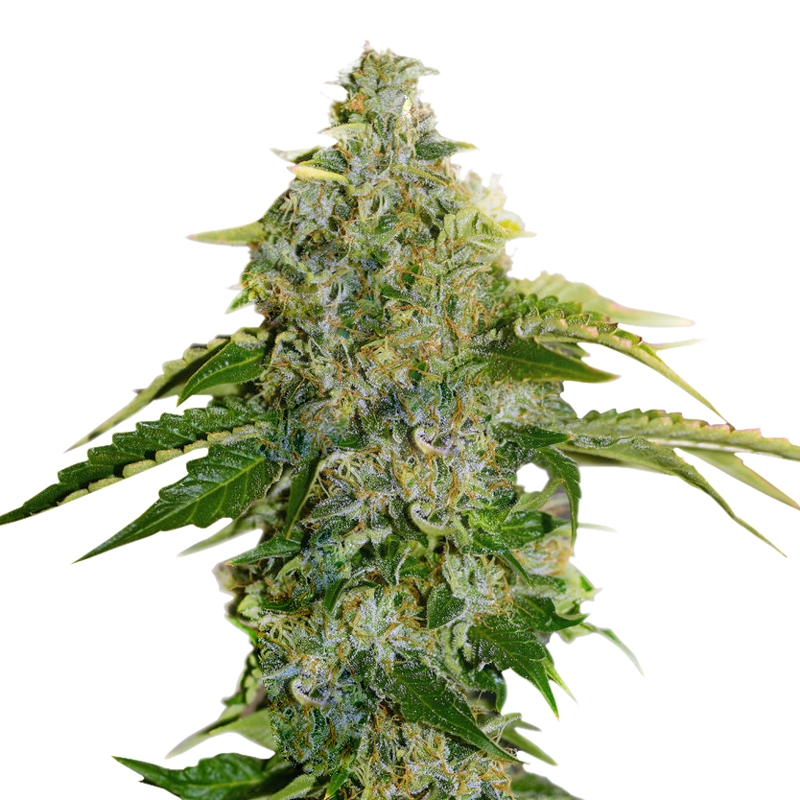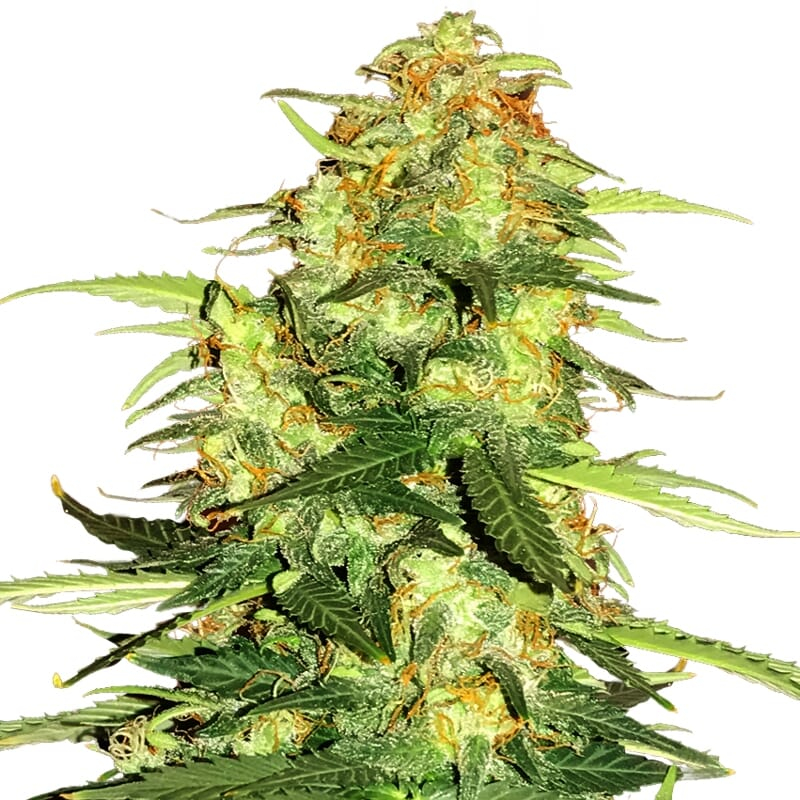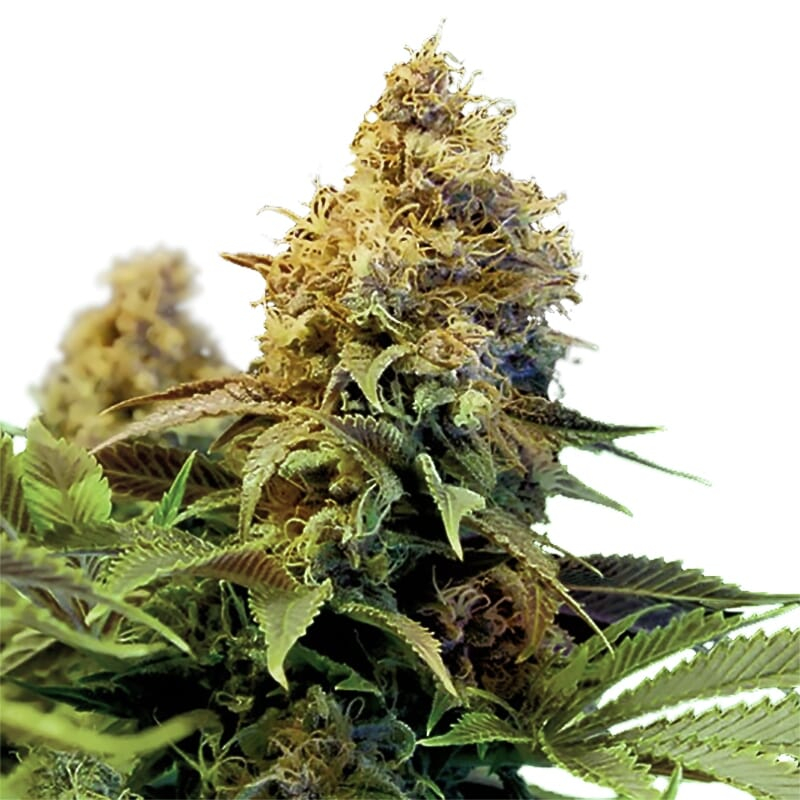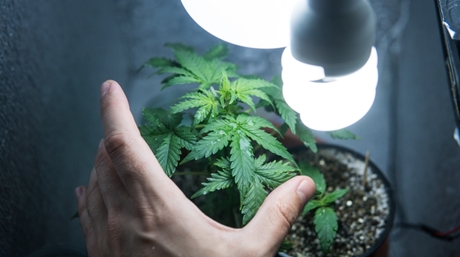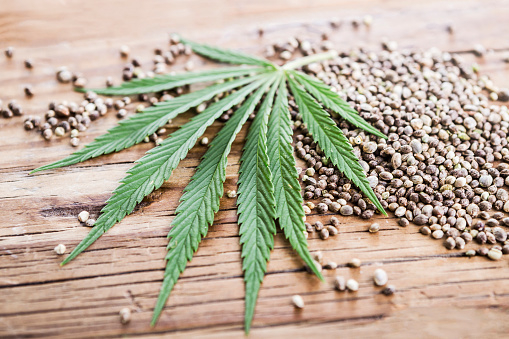This article will provide you with reliable information on how to grow cannabis indoors. Once you have decided to start growing this plant, the next step is to find out how to do it. There are several factors to consider before planting marijuana, such as the ideal environment, the flowering stages of the plant, and the time it will take to mature. Although it may seem like it takes a lot of energy, you will reap a great reward in the end.
The Botanical Aspect of Cannabis
First, let’s examine the botanical aspect of weed that will make you a successful grower. The marijuana plant is often referred to as a dioecious annual. “Annual” means it survives only one season, and “dioecious” means it has both male and female plants. Male plants are responsible for producing pollen, while female plants produce seeds. Therefore, you need both plants as a bonus to ensure you have seeds for the next planting season.
Five Requirements for Cannabis Plants
In order for marijuana plants to thrive, they need at least five main requirements. Below we’ll explore these main requirements. Take a look at these essentials:
1. Heat
The optimal temperature should be between 24 and 30 degrees Celsius. Any temperature above 32 degrees Celsius can reduce the growth of the main compound, commonly known as tetrahydrocannabinol (THC). However, some weed strains are adapted to extreme temperatures. For example, Sativa adapts to intense heat, while Indica adapts to cold temperatures.
2. Light
Cannabis requires light to process chlorophyll due to its photosensitive nature. Light is also an important factor in the flowering stages of marijuana; processes begin when the ratio of light to dark is 12 hours each. In addition, light control is an important requirement in weed cultivation.
3. Water
Water is an important requirement. However, be aware that tap water containing chlorine can damage pot plants. Therefore, it is recommended to let the water stand in a container for a short period of time to allow the chlorine to evaporate completely before using it on the weed plants.
4. Nutrients
Cannabis requires a variety of nutrients for proper growth. It needs nitrogen in the early stages, while it needs phosphorus in the later stages of flowering. However, the most important requirement is a constant supply of nutrients.
5. Air circulation
It is difficult to control air movement in a room, but with proper air circulation you will enjoy stable levels of carbon dioxide, humidity and temperature. Make sure you have well distributed fans in your room if you plan on moving air. This setup will ensure that the atmosphere in the room is stable and the carbon dioxide and humidity levels are maintained.
The basic stages of the cannabis life cycle
The first stage of growth is sprouting. This stage is mainly facilitated by humidity and heat. It takes approximately 12 hours to 9 days for the embryo to open and produce roots. The root becomes fixed in the soil and a new seedling emerges from the surface. Eventually the leaves open to receive sunlight.
The second stage is the seedling stage. During this stage, the second pair of leaves appears. It can last from 1 week to 4 weeks. The third stage is the vegetative stage; at this stage, the plant can easily absorb light and nutrients. Eventually, the lower leaves fall off.
The other stage is the pre-flowering stage; during this stage, the plant begins to produce nodes (intersections of branches and stems). From these nodes, the plant produces small buds called calyxes. The calyxes then develop into female or male flowers. This stage lasts 10 to 14 days, during which time the plant stretches and can double in size. The pre-flowering stage is also known as the elongation stage. The final stages are the most important and are commonly referred to as the flowering stages of cannabis.
The flowering stages of cannabis
This is the time when the plant begins to produce flowers, which are then harvested, dried and smoked. When the plant is exposed to long hours of darkness, the flowering stages of marijuana begin. The plant stops growing in height and instead channels more energy into the flowering stages of pot. When cannabis is grown outdoors, flowering occurs in late summer when the days are shorter. If the plant is grown indoors, the flowering stages of marijuana begin when the lights are switched to 10 to 12 hours of darkness.
For most marijuana strains, the flowering stages of pot occur between 7 and 9 weeks, although some strains may take longer to mature. So don’t expect all plants to follow a specific schedule. The stages of marijuana flowering are described below.
Week 1
During the first week the plant does not stop growing immediately and goes through considerable stretching. In some strains the plant may double in height. The plant also develops more leaves and becomes more robust. Now that the plant has entered the flowering stage of cannabis, it will require additional nutrients and you will need to bend the stems from the center to form an even canopy for best results.
Week 2
During the second week you are likely to see white pistils on female cannabis plants. The pistils develop where the leaves meet the stems and then develop into buds.
Week 3
By the third week of the flowering stage, the cannabis plant’s growth in height begins to slow down, and the focus shifts entirely to bud development. At this point, the buds start to become more noticeable as they continue to swell and produce more pistils. These tiny white hairs signal that the flowers are beginning to form properly. The plant’s overall energy is directed toward increasing bud size and resin production. You may also notice that the smell of your pot plants becomes more pronounced as the terpenes develop. It’s important to monitor the environment closely during this time, ensuring that temperature, humidity, and nutrient levels are optimal for healthy bud growth.
Week 4
Week four marks a significant stage in the flowering process as the buds continue to grow and become denser. The pistils, which were predominantly white in the previous weeks, may start to change color slightly, often turning light orange or amber. This change indicates the ongoing maturation of the buds. The trichomes, which are the tiny, crystal-like structures on the buds, also begin to develop in greater numbers. These trichomes are crucial as they contain the majority of the plant’s cannabinoids, including THC and CBD, as well as terpenes that contribute to the aroma and flavor of the cannabis. During this time, it’s essential to maintain a stable environment, avoiding any stress that could impact bud development. Adequate light exposure, proper nutrient feeding, and controlled humidity levels are key to ensuring that the buds reach their full potential.
Week 5
As you enter week five, the buds will continue to gain weight, and the plant’s trichome production will ramp up significantly. This is the stage where you might start to notice the sticky resin on the buds, which is a good indication of a healthy flowering process. The pistils will continue to darken, and the buds will become more fragrant as the terpenes mature. This is also a critical time to monitor for any signs of nutrient deficiencies or pest problems, as these can severely impact the final yield and quality of your harvest. Some growers may start to decrease nitrogen levels slightly during this stage to promote better bud development and focus on phosphorus and potassium, which are more critical during flowering.
Week 6
By week six, the cannabis plant is nearing the peak of its flowering stage. The buds are now dense and covered in a thick layer of trichomes, giving them a frosty appearance. The pistils will continue to change color, and the aroma of the plant will be at its strongest. The plant’s energy is now fully concentrated on ripening the buds and enhancing the cannabinoid content. Depending on the strain, you might notice that the fan leaves begin to yellow as the plant diverts its resources toward the buds. This is a natural part of the process, but it’s important to ensure that the plant is still receiving adequate nutrients, particularly phosphorus and potassium, to support the final stages of flowering.
Week 7
Week seven often marks the beginning of the final phase of the flowering stage. The buds will be near their maximum size and density, and the trichomes will continue to mature, turning from clear to milky white, and eventually amber, depending on the desired effects. The aroma will be at its most intense, and the pistils may start to curl inward. At this point, some growers may begin to flush their plants, a process that involves feeding the plant with plain water to remove any remaining nutrients from the soil or growing medium. This can help improve the flavor and smoothness of the final product by reducing the buildup of excess salts and nutrients in the buds.
Week 8
In week eight, the flowering stage is typically coming to an end, although some strains may need an extra week or two to fully mature. The buds should be dense, resinous, and covered in trichomes. The pistils will have darkened considerably, and the trichomes will have reached their peak maturity. This is the time to closely monitor the trichomes with a magnifying glass or microscope to determine the ideal harvest window. Clear trichomes indicate that the buds are not yet ready, while milky trichomes suggest peak potency. Amber trichomes, on the other hand, can indicate a more sedative effect due to the breakdown of THC into CBN. Once the desired trichome coloration is achieved, it’s time to harvest your plants.
Conclusion
The flowering stage of marijuana is a crucial period that requires careful attention and management to ensure a successful harvest. By understanding the stages of flowering and the needs of your plants during this time, you can maximize both yield and potency. From the initial stretch and bud formation in the early weeks to the final maturation and trichome development in the later stages, each step is vital in producing high-quality marijuana. Proper light management, nutrient balance, and environmental control are key factors that contribute to the successful flowering of your pot plants. With patience and careful monitoring, you can enjoy a bountiful and potent harvest.
FAQs about Cannabis and Harvesting
How do I know when my cannabis plant is ready to harvest?
The best way to determine if your marijuana plant is ready for harvest is by examining the trichomes. Using a magnifying glass, look for trichomes that have turned from clear to milky white or amber. Milky trichomes indicate peak potency, while amber trichomes suggest a more relaxing effect.
What should I do if my cannabis plant shows signs of nutrient deficiency during flowering?
If you notice signs of nutrient deficiency, such as yellowing leaves or slow bud development, consider adjusting your nutrient regimen. Focus on providing the right balance of phosphorus and potassium, as these nutrients are crucial during the flowering stage.
Is it necessary to flush my cannabis plants before harvest?
Flushing your plants with plain water 1-2 weeks before harvest can help remove excess nutrients from the soil, improving the flavor and smoothness of the final product. This step is optional but recommended for those seeking the highest quality buds.





